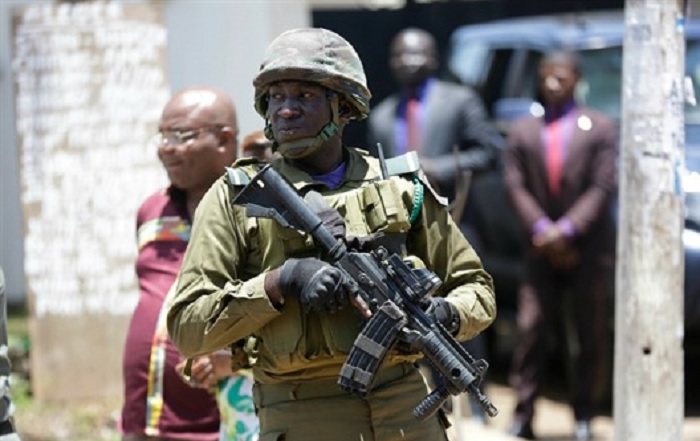
In July, jailed separatist leaders in Cameroon fighting for the creation of an independent state held their first formal talks with the government about ending the violence plaguing the country’s two Anglophone regions.
While the origins of the conflict are in colonial-era divisions of territory, its proximate cause was protests in 2016 against the marginalization of Cameroon’s Anglophone minority, which makes up roughly 20 percent of the population in the majority French-speaking country. In the years since, the conflict has killed several thousand people and displaced nearly a million more.
The recent talks with the government were led by the most prominent separatist leader, Sisiku Ayuk Tabe, who leads a self-declared English-speaking state that the separatists call Ambazonia, and has been imprisoned since 2018. They follow on earlier attempts at negotiations last year, facilitated by the Geneva-based Center for Humanitarian Dialogue, which failed to gain traction due to a lack of trust on both sides.
 Eurasia Press & News
Eurasia Press & News

